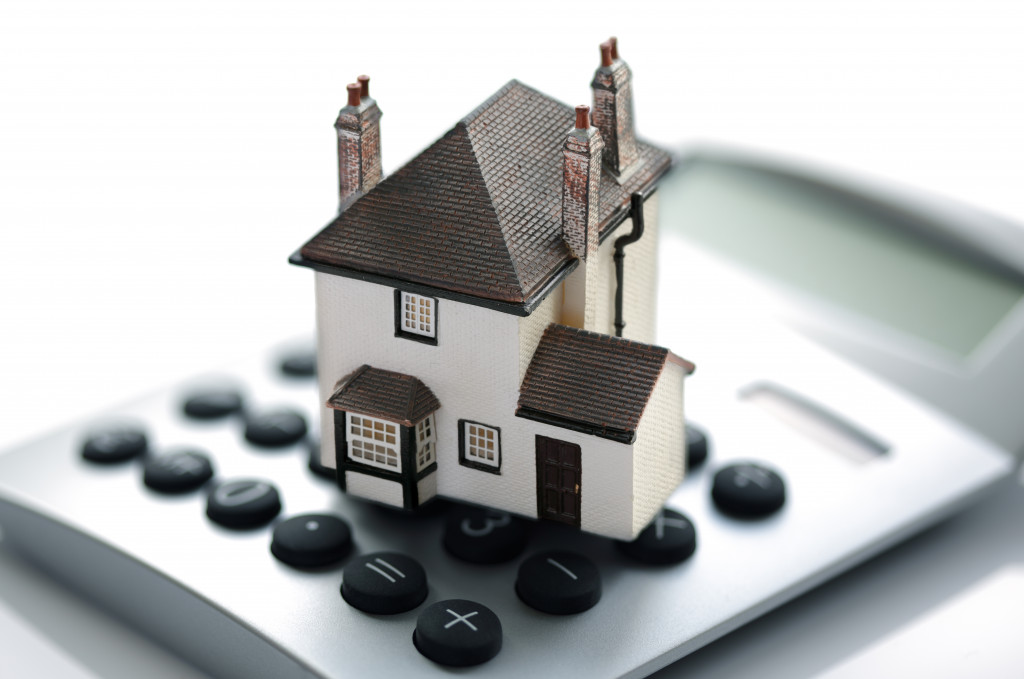A house is not a cheap investment. It’s a huge purchase that will significantly impact your finances, both in the short and long run. There are many financial considerations to take into account before purchasing a house. This blog post will outline some of the most important aspects of home buying finances to help you make the best decision for your family. These tips help you get started on the right foot and plan for a smooth home-buying experience.
Get your credit score in order
A good credit score will help you get the best mortgage rates and terms, saving you thousands of dollars over the life of your loan. Here are a few tips to help improve your credit score before you start shopping for a home:
- Pay your bills on time, every time.
- Keep your balances low.
- Maintain a mix of types of debt.
If you take steps to improve your credit score before buying a house, you’ll be in a better position to get the best mortgage terms and save money over the life of your loan.
Get approved for a mortgage
There are a few things you can do to improve your chances of being approved for a loan. First, make sure your credit score is as high as possible. Lenders will be looking at your credit history to determine whether or not you’re a reliable borrower, so it’s essential to have a good credit score. You can also try to put down a larger down payment, showing lenders that you’re serious about buying a home and that you have the financial resources to do so. Finally, be prepared to provide all of the necessary documentation, such as proof of income and employment history.
Know your mortgage options
There are two primary options for financing your home: a fixed-rate mortgage or an adjustable-rate mortgage (ARM). But what are their differences?
Fixed-rate mortgage
A fixed-rate mortgage has a constant interest rate throughout the loan. This allows homeowners to budget their monthly expenses easily.
Adjustable-rate mortgage
An adjustable-rate mortgage, or ARM for short, has an interest rate that can go up or down over time. The initial interest rate is usually lower than a fixed-rate mortgage, making it an attractive option for borrowers looking to save money in the short term. Some of the critical benefits of adjustable-rate mortgages include:
- Lower interest rates
- The potential to save money
- Flexibility in repayment terms
Save for a down payment

The down payment is one of the most important aspects of purchasing a house. It’s the part of the purchase price you pay upfront, typically in cash, and it serves as your equity in the property. The amount of your down payment will determine the number of your monthly mortgage payments and the interest rate you’ll pay on your loan. For most home buyers, saving for a down payment is the biggest challenge. Here are a few tips to help you get started:
- Evaluate your finances and create a budget
- Consider opening a dedicated savings account for your down payment funds
- Automate your savings
Saving for a down payment takes time and discipline, but it’s worth it in the end. By following these tips, you can be well on owning your dream home.
Understand the costs of homeownership
In addition to the purchase price of the home, there are ongoing costs like property taxes, insurance, repairs, and maintenance. There are also one-time costs associated with buying a home, such as closing costs and down payments. Understanding these costs is essential for making wise financial decisions when purchasing a home. Here are some tips to help you navigate the cost of owning a home:
- Property taxes
- Insurance
- Repairs and maintenance
By taking the time to understand all of the costs associated with homeownership, you can make more informed decisions about which home is right for you financially.
Get homeowner’s insurance
Homeowner’s insurance is one of the most important aspects of being a responsible homeowner. Not only does it protect your investment, but it also gives you peace of mind in knowing that you and your family are protected in the event of an accident or natural disaster. There are many different types of homeowner’s insurance, so it’s important to shop around and find the policy that best fits your needs. But regardless of which type of policy you choose, getting homeowner’s insurance is an essential part of being a responsible homeowner.
The bottom line
There are several things you need to do to prepare for purchasing a house. From getting your finances in order to understanding the costs of homeownership, taking the time to plan ahead will pay off in the end. By following these tips, you’ll be on your way to making your dream of homeownership a reality.

